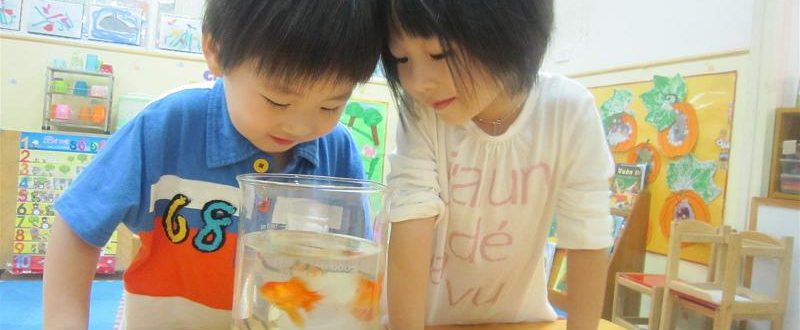Praise PERSONAL QUALITIES instead praise your child’s efforts can cause them to feel ashamed when faced FAILURE
Praise sometimes counterproductive. According to a study published in the Journal of Experimental Psychology: General by Eddie Brummelman, University of Utrecht, Netherlands: adults sometimes suffer from such errors when trying to help a child with low self-esteem feel better about best friend.
Research has shown that when a child with low self-esteem get compliments on his personal qualities, when failure strikes, this compliment will cause heavy sense of shame than by the this young always feel low on self-worth.
According to study results, adults tend to personal praise ( “You are a great artist!”) To those with low self-esteem more than double the child has high self-esteem. For children with high self-esteem, praise often focus on children to do the job ( “I painted this is nice!”)
Obviously, adults often think that the praise the children of low self-esteem of the individual values and not because our efforts will increase a child’s self-esteem. But in reality, this is implicitly told them that they are only considered valid if they succeed. And after this unfortunate case when not to do something – something that all of us are still common – they will feel worthless and less capacity.
The researchers believe that the child is praised by the connection attempts will not value myself with success, should they fail to be seen as a temporary setback, or lack of trying, rather is a blemish on his personality.
Professor Brad Bushman – Ohio University said that although the difference between a personal praise and praise effort is very small, but this difference has a great influence on a child’s self-esteem.
So parents and teachers just focus on praise the efforts of the young instead praised the personal qualities young.
We all love to be praised!
Let us unify general rule is the praise of the efforts of the young instead of personal praise. If we praise individuals, we can create expectations that children do not always meet at the same time opens the sense of shame and lack of values in children when they can not succeed (which no one can always succeed both). This can result in the child lacks self-confidence and desire to learn new things, and even children can think, “I was sucks.” Of course, that’s not the message we want to send to children.
Dr Trevor
Source: According to the American Psychological Association







